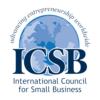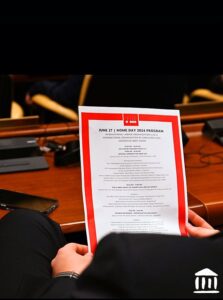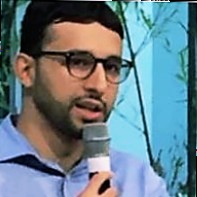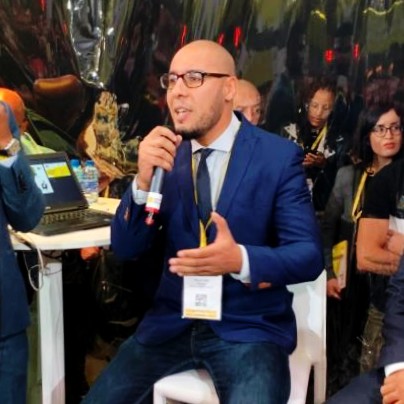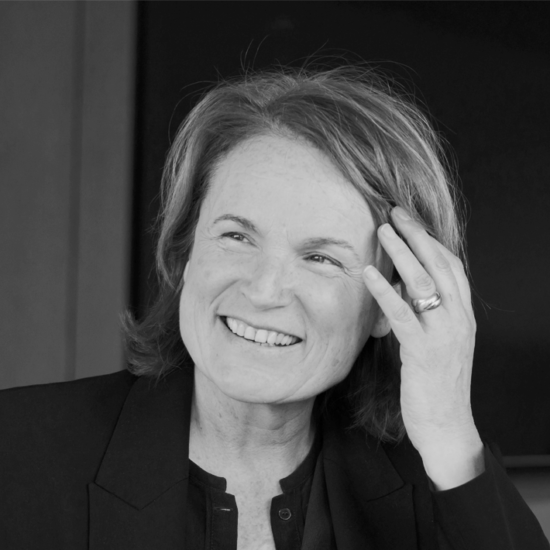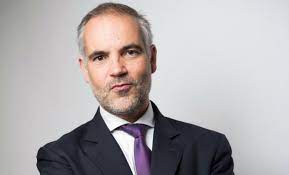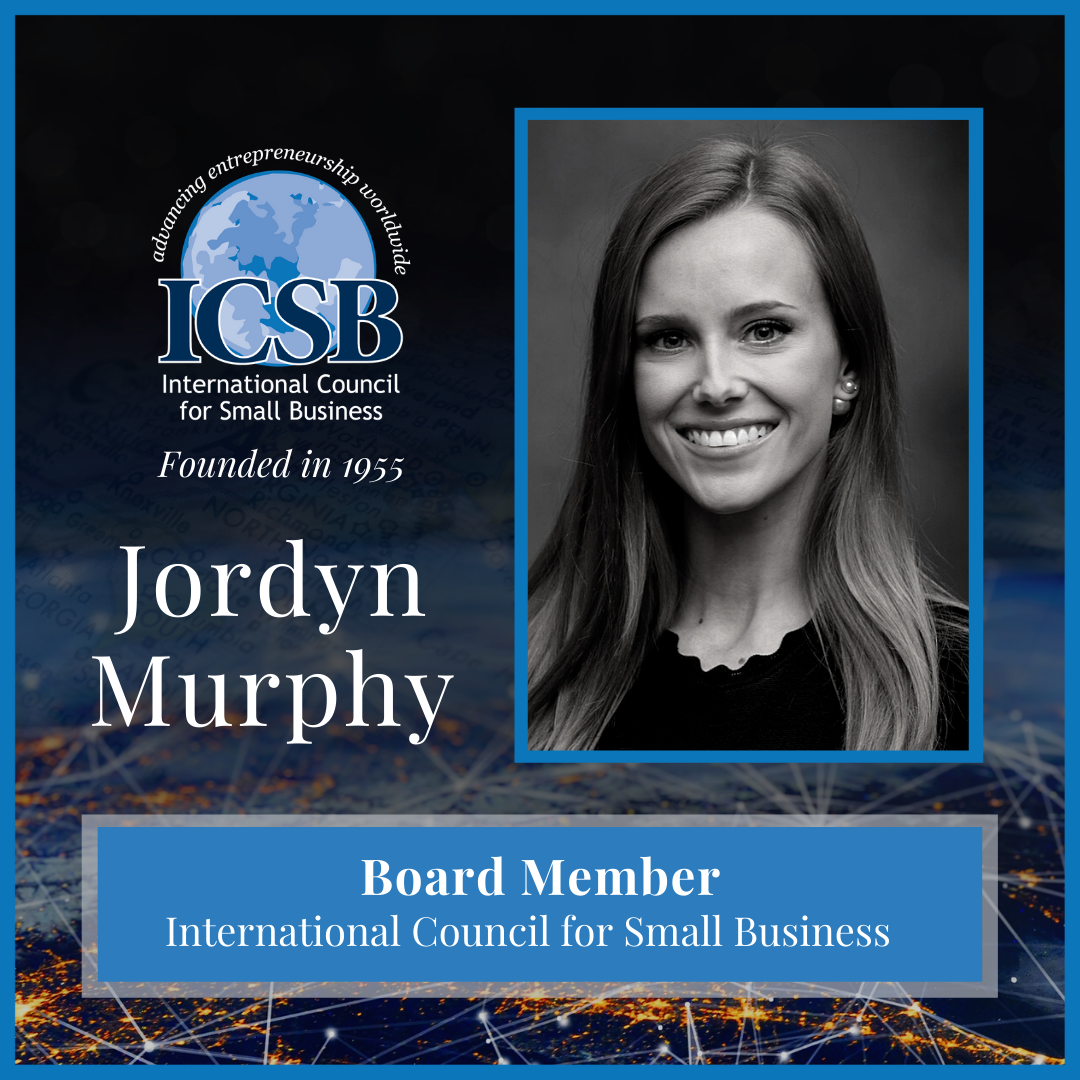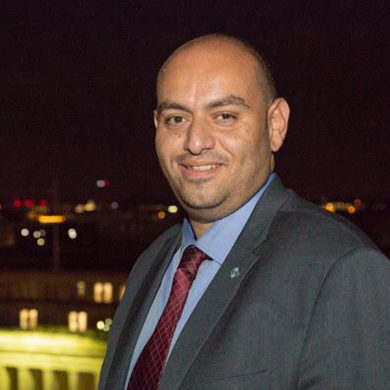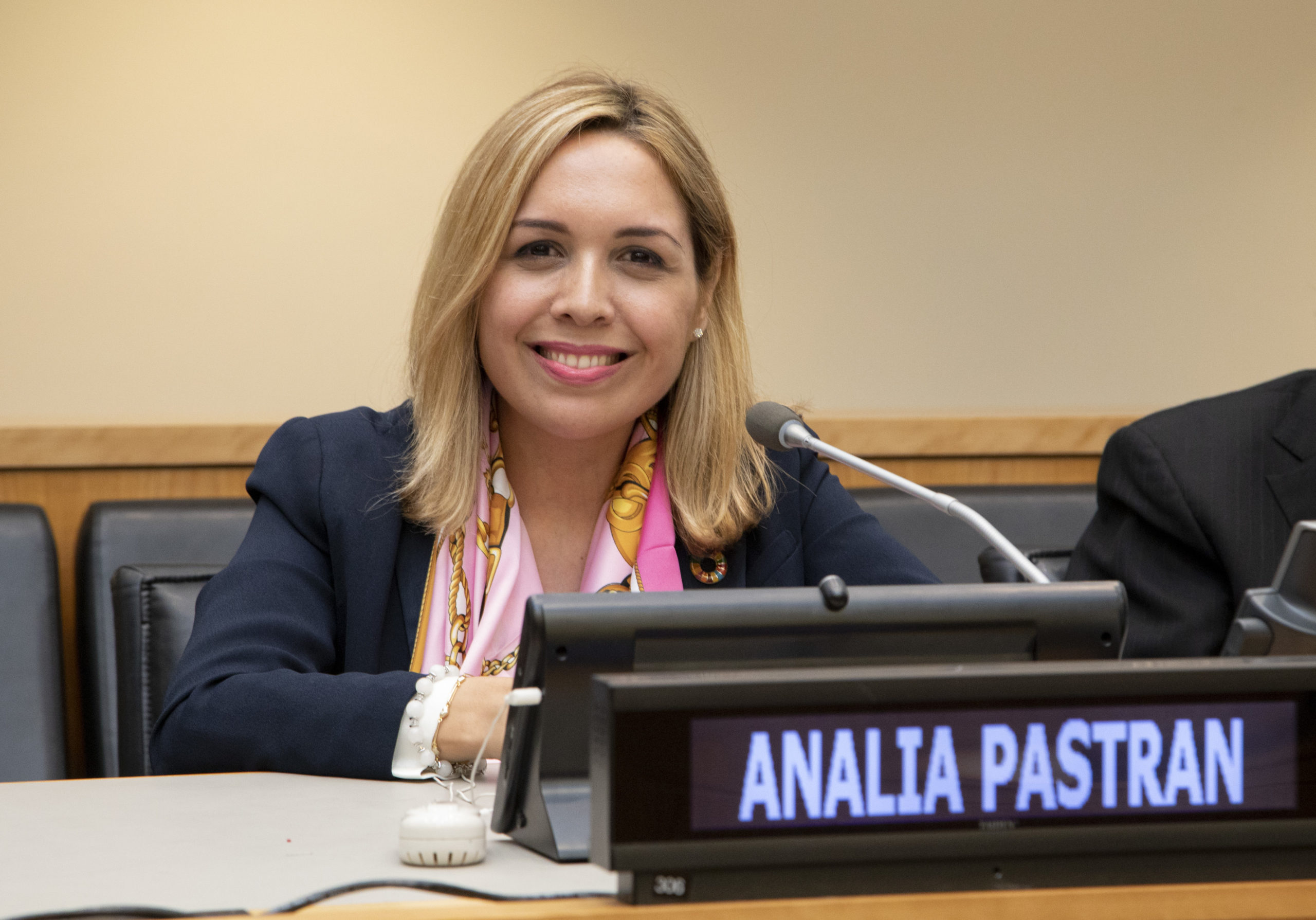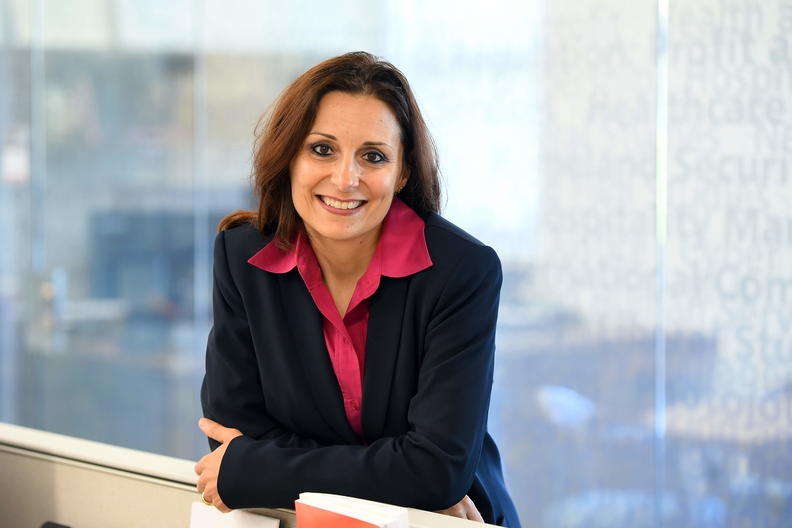
Women Entrepreneurship Policy

The gender gap in entrepreneurship has been closing slowly. Between 2000 and 2019, the gender gap in entrepreneurship, as measured by self-employment, shrank in 25 out of 31 OECD countries where data were available. While this is an important achievement, it must also be acknowledged that this is due partly to a decline in the share of men who were self-employed. However, progress has been slower in closing other gender gaps associated with entrepreneurship. For example, the gap between the share of men and women entrepreneurs who employ others has grown only slightly since 2000. In addition, specific gaps remain in entrepreneurship skills and access to finance. The gender gap in entrepreneurship represents a missed opportunity for innovation, social and economic value creation and job creation (OECD/EU, 2021). Policy makers could have an important role to play in closing this gap through targeted entrepreneurship policies.
In 2021, the Organisation for Economic Cooperation and Development (OECD), in collaboration with the Global Women’s Entrepreneurship Policy Research Network (Global WEP) published a report that explored entrepreneurship policies with a gender lens. The report included policy insight notes from 27 countries within the Global WEP network, illustrating a wide range of policy approaches, challenges and contexts. A number of lessons for policy makers can be drawn from these insight notes:
- To close gender gaps in entrepreneurship, greater efforts are needed by governments to address underpinning biases in society and the labour market. Gender roles can have a strong and often negative influence on women’s entrepreneurship.
- Strong framework conditions for entrepreneurship are a prerequisite for women’s entrepreneurship policy.
- Women’s entrepreneurship policies need strong commitment and investment. Even when there is a solid policy framework for women’s entrepreneurship, a strong delivery system is needed.
- Policy makers must make more of an effort to contextualise policies and programmes and acknowledge the diversity of women entrepreneurs; “one size does not fit all.”
- Gender-neutral and women-focused entrepreneurship education must be offered early to instil confidence, skills and abilities in young girls to identify entrepreneurial opportunities. Such education is important across all post-secondary disciplines, but particularly in disciplines dominated by women, such as the Humanities.
- There is increasing recognition that women entrepreneurs face greater challenges than their male counterparts in accessing financial capital (Coleman et al., 2019). While a growing and diverse array of funding sources are being made available to women entrepreneurs, many of these gender-neutral initiatives do not adequately account for gender differences in founder motivations, circumstances or contexts.
- More needs to be done to ensure that entrepreneurship ecosystems reflect the needs of diverse women entrepreneurs. This includes increasing funding for organisations and initiatives that foster inclusive entrepreneurship cultures, address gender barriers within mainstream interventions and offer direct support.
- Strong regulatory institutions are needed to promote and support women’s entrepreneurship, particularly in areas such as parental leave and care responsibilities, where employees often have more access to supports than small business owners.
The report also highlighted a number of other important issues relating to the gender gap in entrepreneurship, the impact of the Covid-19 pandemic, the influence of traditional gender roles, the characteristics of current entrepreneurship policies designed to support women entrepreneurs and, going forward, the need for women’s entrepreneurship policy frameworks to underpin individual policy actions and be contextualised.
The gender gap is reducing but still exists:
Women have traditionally been less active in entrepreneurship than men. Between 2015 and 2019, fewer than 6% of women in the OECD were actively involved in creating a business relative to more than 8% of men. The gap is explained by a range of factors, including differences in individual motivations and intentions for entrepreneurship, levels of entrepreneurship skills, access to finance, networks and social attitudes towards women and men entrepreneurs. Many of these barriers are inter-dependent. For example, low levels of entrepreneurship skills hinder an entrepreneur from exploring all possible options for accessing financing.
Women entrepreneurs tend to operate different types of businesses than men. On average, women entrepreneurs are more likely to operate businesses in service sectors and on a part-time basis, are less likely to have employees, export, have growth intentions and introduce new products and services (OECD/EU, 2019). It is important to recognise that many of these characteristics are inter-related.
Gender gaps in self-employment reduced between 2000 and 2019 in 25 of 31 OECD countries. The gender gap in self-employment reduced by as much as approximately 5 percentage points in five countries (Iceland, Ireland, New Zealand, Hungary and Greece), and reduced by smaller amounts in 20 countries. However, the gaps between women and men increased in six countries (Estonia, Slovak Republic, Portugal, Poland, the Netherlands and Austria). Furthermore, the gap between the proportion of self-employed women and men with employees grew between 2000 and 2019 in approximately two-thirds of the OECD countries.
COVID-19 risks reversing gains in women’s entrepreneurship
The COVID-19 pandemic may exacerbate gender gaps in entrepreneurship. Women entrepreneurs have been disproportionately impacted by the COVID-19 pandemic. Women entrepreneurs are more likely to operate businesses in hard-hit sectors (e.g. personal services, tourism, retail, arts and entertainment), be less financially resilient and have less finance knowledge and confidence. Moreover, women bear a disproportionate share of caregiving responsibilities in households, which restricts the time available for their businesses, and renders them less equipped to pivot business activities in response to the crisis (e.g. less access to external advice, less likely to be online).
The large-scale COVID-19 liquidity support measures that governments introduced were implemented quickly but were not always gender-sensitive. Governments had to act quickly to support small businesses and the self-employed with liquidity support tools (e.g. loans and wage subsidies). However, these were generally simple undifferentiated tools that followed a one-size fits all approach. Such support may not have filtered equally to all small businesses. Women-owned enterprises may not have benefited as much as men-owned businesses because, on average, they are less likely to use bank loans (many programmes rely on existing bank products) or are smaller (some supports have revenue or employment thresholds). Differences in financial literacy also played a role.
Traditional gender roles exert negative influences on women’s entrepreneurship
Gender roles in society can have negative influences on the scale and nature of women’s entrepreneurship. In many OECD countries, tax and family policies continue to reinforce traditional gender roles. Income tax models that favour single income earners in households can dissuade women from participating in entrepreneurship. In addition, while family policy is evolving to provide greater support for women’s participation in the labour market, a bias towards employment over entrepreneurship remains. This can be illustrated by parental leave and childcare policies, which can negatively influence the feasibility of entrepreneurship for many women.
Greater efforts are needed to legitimize, celebrate and normalize women’s entrepreneurship. The 27 policy insight notes on which this paper draws confirm that women entrepreneurs often retain lower status then men entrepreneurs, even within OECD countries with high perceived levels of gender equality. This is demonstrated by women’s entrepreneurship supports that are underpinned by volunteerism, making supports vulnerable to fatigue and high levels of turnover among time-stretched unpaid workers. Governments need to do more to promote women’s entrepreneurship, such as promoting diverse role models, recognizing leaders through award programmes and funding women-focused support services.
Characteristics of current women’s entrepreneurship policies
Women’s entrepreneurship policies have been in place in some countries for decades. The rationale behind targeted policies and programmes to promote and support women’s entrepreneurship is typically built on three arguments:
Women are under-represented in entrepreneurship compared with men. Closing the gender gap yields welfare gains for individual women and society as a whole.
There is evidence that women are held back in entrepreneurship by institutional and market barriers, such as social attitudes that discourage them from creating businesses, and market failures that make it more difficult to access resources like skills training, finance and networks.
Evaluations suggest that women are less aware of public enterprise support programmes, and that mechanisms used to select programme participants can favour men (OECD, 2017).
Going Forward: Women’s entrepreneurship policy frameworks are needed to underpin individual policy actions
Women’s entrepreneurship policy is a “work in progress” rather than a finished product. In some countries, overall public policies and specific women’s entrepreneurship support programmes are working together to achieve desired entrepreneurship goals. In other instances, there is a lack of an effective overarching women’s entrepreneurship policy or the presence of policies and programmes that are not consistent. The good news is that all 27 countries highlighted in the collaborative OECD-Global WEP report are engaged in women’s entrepreneurship policy support, with an impressive array of programmes and initiatives. A caveat, however, is that projects and funding are often vulnerable to economic and political changes without underpinning policy frameworks. This threat lends support to the importance of women’s entrepreneurship policy as a means for informing, grounding and sustaining different types of women’s entrepreneurship programmes. Conversely, programmes that are not linked to policy may represent areas of opportunity and serve as a signpost for under-valued areas of policy.
Women’s entrepreneurship interventions must be contextualised. Context in the form of institutions, culture and social norms has important effects on the existence or non-existence of women’s entrepreneurship policies, as well as on the priorities stressed in such policies. As an example, policies in some developed economies, such as the United States, the United Kingdom and Australia, tend to focus on expanding the entrepreneurial ecosystem in ways that will benefit women entrepreneurs. In contrast, developing or in-transition economies tend to focus on foundational challenges to gender equity, social justice, economic security and empowerment. Similarly, women-focused programmes reflect the institutional, cultural and normative characteristics of the respective countries. Such influences are reflected in what gets done to support women entrepreneurs, and who does the work. In some instances, for example, the role of government is to create the legal and regulatory framework that supports women’s entrepreneurship, while providing resources. In other country contexts, government plays a more directive role in creating infrastructure, funding and establishing small business support networks. Both approaches can work, but are different and reflect corresponding differences in the country-level entrepreneurial contexts.
More effective implementation of policies is needed to achieve policy objectives. Policy makers should develop a means for “closing the loop” to ensure that desired outcomes for women’s entrepreneurship policies are clearly articulated and measured on an ongoing basis. Few countries have established systematic methods for monitoring the impacts of women’s entrepreneurship policy against policy objectives, and for identifying progress relative to targets and the effectiveness of different measures. As an example, a common intervention to support women entrepreneurs is women-focused entrepreneurship training and skills development programmes. To date, there is limited objective evidence within or across countries demonstrating the impacts of such programmes in increasing women entrepreneurs’ access to resources and enhancing the viability of their firms. This reflects a lost opportunity to learn from high impact policy interventions and to demonstrate benefits. Lack of evidence may lead to the vulnerability of programme funding.
Greater efforts are needed to address gender gaps in entrepreneurship skills. There are benefits to offering dedicated entrepreneurship training for women. Benefits include increasing the involvement of women in business creation, augmenting the quality of start-ups founded by women, and enhancing the relevance and attractiveness of support for women entrepreneurs. While many countries are implementing dedicated entrepreneurship training programmes for women, approaches are often poorly designed and not well-connected to other small business supports. Moreover, there are many examples of duplication among offers, which can create confusion among the targeted entrepreneurs. Governments need to improve dedicated training, coaching and mentoring schemes by contextualising the offers (e.g. for local conditions, different profiles of women entrepreneurs, different sectors of start-up projects) and bundling supports into cohesive systems that provide a range of inter-connected and reinforcing schemes.
The development of dedicated training programmes is not sufficient to close the gender gap in entrepreneurship skills. Gender-neutral entrepreneurship education needs to be further developed and implemented early in the mainstream education system so that young girls understand that entrepreneurship is a viable career option. Such programming can instil confidence, skills and abilities to identify and exploit entrepreneurial opportunities. Entrepreneurship education is important across all academic disciplines, but particularly in disciplines dominated by women, such as the Humanities.
Greater use of dedicated measures is needed to address gender gaps in access to financing.
There is a commitment by most governments to increase women entrepreneurs’ access to financing. While a range of mechanisms are in place, a broader use of instruments, such as loan guarantee schemes and microfinance, is needed. This includes increased access to capital for growth-oriented small businesses. Regardless of the type of instrument used, the 27 policy insight notes provided by the Global WEP network showed that mainstream financing sources and government’s use of small business finance schemes are not always as effective for women as they are for men. A greater use of women-focused small business financing programmes is needed. This is because, women have been found to launch their firms with smaller amounts of financial capital than men, and are more reliant on internal sources of financing (Henry et al., 2017).
References
Coleman, S., C. Henry, B. Orser, L. Foss and F. Welter (2019), “Policy Support for Women Entrepreneurs’ Access to Financial Capital: Evidence from Canada, Germany, Ireland, Norway, and the United States”, Journal of Small Business Management, Vol. 57, No. 2, pp. 296-322.
Henry, C., B. Orser, S. Coleman and L. Foss (2017), “Women’s entrepreneurship policy: a 13 nation cross-country comparison”, International Journal of Gender and Entrepreneurship, Vol. 9, No. 3, pp. 206-228.
OECD (2017), The Pursuit of Gender Equality: An Uphill Battle, OECD Publishing, Paris, https://doi.org/10.1787/9789264281318-en.
OECD/EU (2019), The Missing Entrepreneurs 2019: Policies for Inclusive Entrepreneurship, OECD Publishing, Paris, https://doi.org/10.1787/3ed84801-en.
OECD/EC (2021), The Missing Entrepreneurs 2021: Policies for Inclusive Entrepreneurship and Self-Employment, OECD Publishing, Paris, https://doi.org/10.1787/71b7a9bb-en.
OECD-GWEP (2021). Entrepreneurship Policies Through A Gender Lens. Retrieved on 25th April 2022 at: https://www.oecd.org/industry/entrepreneurship-policies-through-the-gender-lens-71c8f9c9-en.htm
Notes
The Global Women’s Entrepreneurship Policy Research Project (Global WEP – www.globalwep.org) is a network of established researchers from over 30 countries. Established in 2014 by Colette Henry, its goal is to examine, internationally, support policies for women’s entrepreneurship, and to identify explicit or implicit gender biases within public policies. Global WEP also seeks to identify evidence-based good policies or practices that are potentially beneficial to other countries in supporting women’s entrepreneurial activities.
The policy insight notes were authored by the following members of the Global WEP network: Australia: Patrice Braun (Federation University Australia), Naomi Birdthistle (Griffith University) and Antoinette Flynn (University of Limerick); Canada: Barbara Orser (University of Ottawa); Czech Republic: Alena Křížková Pospíšilová (Institute of Sociology, Czech Academy of Sciences) and Marie Pospíšilová (Institute of Sociology, Czech Academy of Sciences); Denmark: Helle Neergaard (Aarhus University); Ethiopia: Atsede Tesfaye (Addis Ababa University); Germany: Friederike Welter (University Siegen and IfM Bonn); India: Roshni Narendran (University of Tasmania); Iran: Nastaran Simarasl (California State Polytechnic University – Pomona) and Vahid Makizadeh (University of Hormozgan); Ireland: Colette Henry (Dundalk Institute of Technology and Griffith University, Australia); Italy: Sara Poggesi (University of Rome Tor Vergata), Michela Mari (University of Rome Tor Vergata) and Luisa De Vita (Sapienza University of Rome); Kenya: Anne W. Kamau (University of Nairobi) and Winnie V. Mitullah (University of Nairobi); Mexico: Rosa Nelly Trevinyo-Rodriguez (Trevinyo-Rodriguez & Asociados); New Zealand: Anne de Bruin (Massey University) and Kate V. Lewis (Newcastle University); Northern Ireland, UK: Joan Ballantine (Ulster University) and Pauric McGowan (Ulster University); Norway: Lene Foss (UiT – The Arctic University of Norway and Jönköping University, Sweden); Pakistan: Shumaila Yousafzai (Cardiff University) and Shandana Sheikh (Cardiff University); Palestinian Authority: Grace Khoury (Birzeit University); Poland: Ewa Lisowska (Warsaw School of Economics); Scotland, UK: Anne F. Meikle; South Africa: Bridget Irene (Coventry University); Spain: Maria Cristina Diaz Garcia (University of Castilla-La Mancha); Sri Lanka: Nadeera Ranabahu (University of Canterbury); Sweden: Helene Ahl (Jönköping University); Tanzania: Dina Modestus Nziku (University of the West of Scotland) and Cynthia Forson (Lancaster University Ghana); Turkey: Duygu Uygur (Istanbul Bilgi University) and Elif Bezal Kahraman; United Kingdom: Helen Lawton Smith (Birkbeck, University of London) and Tim Vorley (Oxford Brookes University); and United States: Susan Coleman (University of Hartford).
Article by: Colette Henry, Barbara Orser & Susan Coleman (Global WEP) Jonathan Potter & David Halabisky (OECD)

